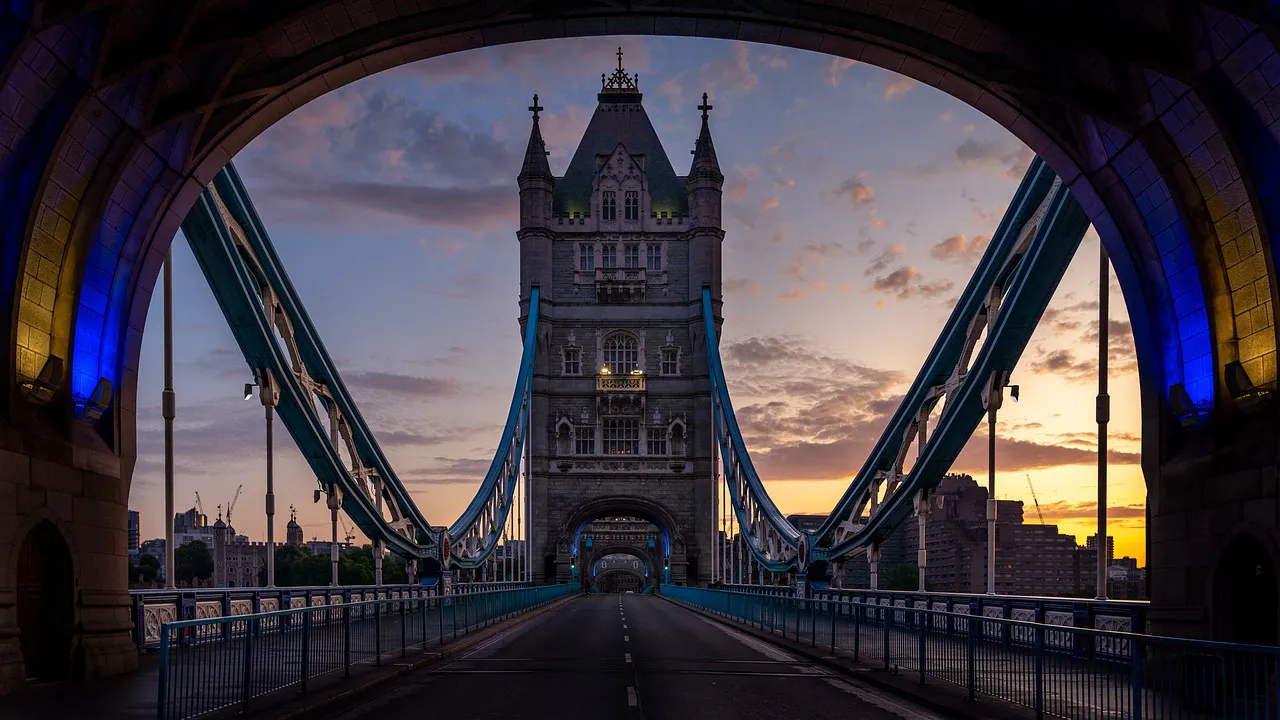
A digest of this week's Spanish financial, political and social news aimed primarily at Foreign Property Owners: Prepared by Lenox Napier. Consultant: José Antonio Sierra
A digest of this week's Spanish financial, political and social news aimed primarily at Foreign Property Owners: Prepared by Lenox Napier. Consultant: José Antonio Sierra
News in English12/09/2024 Redacción
Redacción
A digest of this week's Spanish financial, political and social news aimed primarily at Foreign Property Owners:
Prepared by Lenox Napier. Consultant: José Antonio Sierra
For subscriptions and other information about this site, go to businessovertapas.com
email: [email protected]
***Now with Facebook Page (Like!)***
Note: Underlined words or phrases are links to the Internet. Right click and press 'Control' on your keyboard to access.
Business over Tapas and its writers are not responsible for unauthorised copying or other improper use of this material.
Subscription and e-mail information in our archives is never released to third parties.
Editorial:
The Spanish are generally an easy-going people, happy to be a little early, or more likely, a fraction late for an appointment. They will – and this is part of their charm – round things upwards: an extra dollop on your ice-cream or another shrimp on your tapa.
Only the statisticians will be prone to the sin of exactness, of putting a number down to several decimal points. They would probably get fired if they said something like ‘half of the customers were satisfied’ rather than ‘49.27% admitted to being pleased’.
Well, they prefer to use a comma where we use a point, so it would be: ‘49,27 per cent’.
That’s out of a hundred (although only 99 people were there, plus a small dachshund).
Our bean-counter, working for the INE – the Instituto Nacional de Estadísticas – is paid to be exact, but his numbers will not make sense to anyone except another accountant. He might claim that ‘85,056,528 foreign visitors visited Spain in 2023’, where a mathematician would probably say ‘85,060,000 foreign visitors’ and a journalist would lead with ‘something over eighty-five million visitors’.
Who is going to remember, or even read properly, that first number from the INE?
Secondly, of course, despite being exact, it is hopelessly misleading and wrong. Did they count the people in transit through the airport to another foreign destination? How about the cruise ship passengers, or the people who drove across the border from Portugal? What about the ones who stayed… or live here as foreign residents?
It’s a useful figure to draw political conclusions maybe, or to contrast with the year before or after, but not much beyond concluding what we already knew: a whole lot of tourists.
Our favourite example of this anal delight of myopically clicking away at the abacus next to a flickering candle comes from a Canary Islands newspaper: ‘In July this year Lanzarote recorded just over 275,363 tourists according to the Lanzarote Data Centre’.
A confusingly exact figure, although the article suggests maybe they missed one somewhere…
But hey, at least they couldn’t drive there.
The problem then, is not the exactitude of the numbers fielded by the statisticians, but the error that they can easily make, which in turn breeds false results. Otherwise, why bother to add them up anyway?
A town’s population is based on its padrón: its official census. That doesn’t mean that it’s right, what with long-term visitors, people who are registered in one town but living in another (for a variety of reasons), sundry vote-stuffing activities, foreigners who either aren’t on the padrón, or maybe have moved away without taking their names off the list.
Let’s be fair though – the information is provided painstakingly and to the last level of accuracy, as is to be expected. On the other hand, there’s the concept of ‘garbage in, garbage out’, where the numbers are just plain wrong, due to false information, or corners cut. Take the Spanish fiscal information, the Gross Domestic Product – used, says Wiki, ‘to measure the economic health of a country or region’, and thus very important for comparison, European funding, reputation and so on.
From elDiario.es we read ‘The main official indicator of the Spanish economy, the GDP figure, is wrong. The National Institute of Statistics has been measuring it incorrectly for at least the last three years. At best, we are talking about a huge negligence, the most serious in the history of Spanish statistics, the one that will cost us the most…’
The title to this story is ‘The most expensive statistical error in history’. Not good. The methodology which may have worked in the past is now obsolete – there are simply more useful figures available.
Another headline says: ‘Official statistics admit a deviation of 32,480 million euros in the Spanish GDP. The INE carries out the largest revision in its history and corrects upwards, for the third time, the growth data of the Spanish economy in 2021’. Naturally, the lower figures for 2021 (following on from the Pandemic) paved the way at the time for opposition attacks on the Government: “These are your green shoots? This is where we came out stronger?”…and so on.
A sober report from The Corner says ‘The main change that has caused this increase in the volume of GDP is mainly due to the incorporation of the information derived from the new Population and Housing Census 2021, which has led to an increase in the number of inhabitants and, therefore, this has an impact on GDP…’
Sometimes, a journalist may need to go to the INE page. It’s hard to find the information one is looking for on this complicated site when one visits there and also, at least with the Firefox web-browser, when we do, we get a sinister ‘Warning: Potential Security Risk Ahead’ which is a bit off-putting.
They need to not only buck up their ideas, but also their Internet presence.
Thus many news-sites will make up their own numbers, based perhaps on their experience, their politics, or perhaps on other more-or-less reliable sources.
Note: The Europeans use a different mathematical nomenclature from the Americans and British. The Google translation of ‘32.480 millones de euros’ correctly reads – for Anglo readers – as ‘32.48 billion’. This is to do with ‘the long and short scale’, a confusion one doesn’t want to make.
Just to be clear, a Spanish billón (a ‘thousand million’ or 109) is the same as an American million million (that’s to say, a trillion).
Silly? Hey, they still use Fahrenheit.
…...
Housing:
The three top cities in the world to live in are Málaga, Alicante and Valencia, according to Expat Insider, as reported by El Economista here. Good stuff; but how many foreign residents want to live in a city anyway, while those that do will be sighting on a specific one for business or other reasons. Nº4 on the list, by the way, is Ras Al Khaimah (wiki).
…...
Tourism:
From Idealista here: ‘Spain, the country that earns the most money from tourism in Europe. Spain, the United Kingdom, and France are the three countries that earn the most from foreign visitors’. In 2023, tourism earned Spain ‘over 82,200 million euros’.
El Huff Post raises a cynical eyebrow at The Guardian’s story of Santo Domingo de Silas (Burgos) where Sad Hill, the fake cemetery of The Good, The Bad and The Ugly is located. The local tourist board is understandably delighted with the movie pilgrims…
…...
Finance:
La Razón says that ‘The record summer for tourism has fallen short: 75% of hoteliers say that the season has been "weaker than expected", especially in terms of spending’. We read that, ‘According to the business association Hostelería de España, the general decline observed in the main summer months is partly due to the extension of the high season compared to previous years, which now runs from June to October, combined with a greater number of trips abroad by nationals which has reduced consumption in the country itself, together with the weather conditions of rain and cold in some areas and heat waves in others. The rising cost of living and the loss of consumer purchasing power have also played a key role. Tourists spend most of their budget on transport and accommodation and, if they have to tighten their belts, they do so by going less to bars, restaurants, pubs and clubs. Supermarkets, on the other hand, benefit from this change in habits…’
El Economista makes a similar point: ‘Tourism has become the driving force behind the growth of the Spanish economy. The arrival of millions of international travellers is having a multiple positive impact on several economic indicators: it is boosting the GDP, employment and Spain's foreign surplus. However, within this amalgam of positive data there is one more specific and refined one that tempers the euphoria. A fact that reveals that Spain continues to be a country of mass tourism. Since 2016, tourist arrivals have grown by almost 30%, but real spending per day and tourist has increased by only 12.5%. Tourist arrivals are growing twice as fast as real spending, which calls into question the sustainability of this 'business' that today drives the entire economy…’
…...
Politics:
At the opening ceremony of the political year at the Instituto Cervantes last Wednesday September 4th, Pedro Sánchez outlined the six priorities of his Government's action: "Competitiveness, dignity at work, welfare state, housing, equality and peace" (La Moncloa webpage here).
‘At the beginning of the new political year, the President of the Government appeared to kick off a season that, like all the previous ones, promises to be turbulent. "Spain is experiencing one of its best moments in recent decades," he said at a PSOE political event, providing one of those phrases that even Spanish YouTubers have commented on, who do not usually get involved in politics since most of them live in Andorra and pay lower taxes.
"More public transport and less Lamborghinis," said Pedro Sánchez when talking about the fact that there are people with enough money to live 100 lives and who, therefore, should be paying more taxes…’ from El Huff Post here and here. From El País here: ‘…In 2022, the last year for which data is available, the number of people with a net worth of over 30 million euros reached 852, representing an increase of 2.5% compared to the previous year and an all-time high, according to data published last week by the Tax Agency. However, of this group of super-rich, only 235 paid the traditional wealth tax, which is equivalent to 27.6%, the lowest figure in the historical series. In previous years, this percentage was around 35%...’ In reaction, says El Independiente here, Vox’s Santiago Abascal named Sánchez on Twitter as ‘…a "fucking thief" (sic), after hearing the announcement that the Government will "tax" the top incomes’.
Two stories touching on the above: El Salto Diario here says ‘Ayuso freed up 22,185 high net worth individuals from paying an average of 56,782 euros each in Madrid in 2022’ In four years, that comes to 4,453 million in wealth tax saved. The same news-site casts its eye on Andalucía: ‘Regional president Moreno Bonilla exempted the payment of 98 million euros to large fortunes in 2022’.
Venezuela’s opposition leader Edmundo González landed safely in Spain on Sunday, but, to no one’s surprise, ‘the PP criticises the Venezuelan’s political asylum for "removing a problem from Maduro's dictatorship"’. Then followed a far-from-unusual contortion by the PP, Vox and for some reason the PNV forcing – in an empty vote – to make Spain recognise González as the ‘President elect’ of Venezuela (Juan Guaidó anybody?). The Huff Post (USA) says: ‘...The surprise departure by the candidate who Venezuela’s opposition and several foreign governments consider the legitimate winner of July’s presidential race is a serious blow to efforts to unseat President Nicolás Maduro and comes just days after the government ordered his arrest…’ Asked about the situation while on a trade visit to China, Pedro Sánchez said on Wednesday that his government will wait, along with the rest of the EU, until the end of the year before making a common statement and accord on Venezuela. The TVE then showed a second segment with Sánchez speaking in English about trade with China (probably to contrast with Feijóo, who is by no means a linguist). Sánchez meanwhile called from Beijing on the EU to ‘reconsider’ its position on tariffs of Chinese goods in an attempt to ease a long-running trade dispute between President Xi Jinping and the European bloc’ (more on this at The Olive Press).
…...
Gibraltar:
‘Countdown to "chaos" in Gibraltar: "We don't know what will happen after November". Spain, the United Kingdom and the government of the Rock are not making progress in negotiations to regulate relations between the colony and the EU after Brexit. If the dialogue fails, controls at the border would be tightened’. Item from El Huff Post here.
…...
Health:
The pain-killer Nolotil has been given a ‘pass’ by the European Medicines Agency which considers that ‘the benefit of medicines containing metamizole outweighs the risks’.
…...
Corruption:
‘A new scandal has shaken the security forces in Spain: Primavera Española, a group made up of more than 13,000 agents of the National Police Corps (CNP), has captured the attention of the public and the authorities after being singled out for its links to the far right. What began in 2012 as a private forum on Facebook to share experiences and advice between police officers has evolved, according to various sources, into a space where radical messages are disseminated, the use of violence is incited and significant support for Vox is expressed…’ The group is now under investigation by Internal Affairs. The story is at Al Descubierto here.
…...
Courts:
‘The Audiencia Nacional (National Court) has summoned the former President of the Government, Mariano Rajoy, and part of the PP leadership during his mandate to testify as witnesses in the Caso Kitchen trial. The trial is investigating the paramilitary operation supposedly launched in 2013 with the aim of removing material related to the judicial investigation of the Caso Gürtel from the former treasurer of the PP, Luis Bárcenas.
The judges have accepted the request of the PSOE and Podemos to summon the former President of the Government, the former Vice President under Rajoy, Soraya Sáenz de Santamaría, the former Secretary General of the PP in those years, María Dolores de Cospedal, and the former Minister of the Interior, Juan Ignacio Zoido…’ No date for the hearing has yet been set says RTVE in their report here.
Isabel Perelló – the new president of the CGPJ – was wearing the wrong sort of shoes when she swore her fealty in front of Felipe VI in the conservative opinion of La Razón here (that’ll teach her to be a ‘progressive’).
Could the inquiry now be fizzling out? ‘The Public Prosecutor's Office requests an investigation into Judge Peinado for fabrication in his summons of Sánchez as a witness. The Public Prosecutor's Office of Madrid requests the High Court to admit the complaint of the State Attorney's Office against the judge investigating Begoña Gómez’.
Deportations: A piece on those foreigners charged with crimes in Spain (chiefly from Albania and Colombia) and the problems encountered with felons when their countries of origin don’t want them back. 20Minutos reports here.
…...
Media:
An article at Público about police infiltrated into social movements. One in particular, known as Marta, has been wearing false colours for the past thirty years within groups like la Coordinadora Antifascista de Madrid and Madres Contra la Represión.
‘The President of the Government demands a full rectification for false information signed by journalist Joan Guirado writing in OkDiario about his holiday travel costs.
Marca (part of the El Mundo empire) runs with ‘The President of the Government uses an Audi A8 L Security for his road travels, a car for which the State paid 498,042 euros. A commotion has been going on since Pedro Sánchez mentioned his desire for there to be "fewer Lamborghinis" on the roads…’ First of all, in our opinion, it may be a good idea to have the president driven around in a car that’s proof against Marca readers, and secondly, know that the bullet-proof vehicle was commissioned by Mariano Rajoy in 2017.
Who is winning the TV chat-show stakes? El Hormiguero with Pablo Motos on Antena3 or the brand new (and expensive) La Revuelta with David Broncano on TVE?
…...
Ecology:
From elDiario.es here: ‘Global warming quadruples the intensity of torrential rains in Spain. The progressive increase in heat means that years with high minimum temperatures are associated with a stronger tendency towards extreme rainfall’.
Torrential rains in the Sahara Desert (!) have killed at least 22 people, including a Spaniard.
‘Photovoltaic panels “sterilise the countryside and increase the risk of fires” or “where a panel is planted, nothing grows back for decades”. These are the latest hoaxes launched against renewable energies by SOS Rural, a self-proclaimed “non-partisan, but not apolitical, citizen group”, an entity close to Vox that finances agricultural companies in Murcia and is known for having misinformed for years about the reasons for the environmental destruction of the Mar Menor…’ The story is at elDiario.es here.
A headline from (the poorly named) InfoLibre here (pay wall): ‘SOS Rural, the lobby that now spreads lies about renewables after its campaign in the Mar Menor. The SOS Rural platform, a satellite of the Ingenio Foundation, fills the internet with lies about clean energy. Both are financed with contributions from agricultural groups in Murcia that deny their responsibility on the Mar Menor disaster’.
An example of the SOS Rural propaganda on Twitter here.
…...
Various:
This one is a perennial: ‘The longest dispute in geography is a 500-year-old mystery. Spain still doesn't know to this day if it owns a tiny piece of land off Tenerife’. These are the tiny Islas Salvajes closer to Tenerife than to Madeira, but ‘occupied’ (for want of a better word) by the Portuguese (wiki). No one lives on these tiny islands (beyond some park wardens), declared by Portugal as a nature reserve in 1971. Xataka has the story, saying, ‘Sometimes countries disagree for centuries’.
Bullfighting remains a touchy subject, with the recent complication of conservatives generally supporting and progressives opposing the spectacle. (Politics finds its way into everything.) The Minister of Culture Ernest Urtasun (Sumar) has annulled the National Bullfighting Award with the support of ‘over 90%’ of Spaniards, says elDiario.es here. And, for history buffs, The Guardian wrote of ‘the bloody orgy’ of ‘The Bullfight Today’ back in 1929 here. On the other hand, Sur in English says that ‘Málaga to offer world's first immersive bullfighting experience. The centre is set to open in La Malagueta in 2025 and has been described as "one of the great tourist and cultural attractions of the province"’, so it’s not all bad news…
Tinned sardines in oil are very good for one, but some brands are better than others, says 20Minutos here. Their favourites are those sold at Alcampo, Mercadona and Lidl.
‘Spain's White Wine Revolution: how Albariño is leading the charge’ from Forbes here.
A regular article in the media is the one about new ways to be fined by the traffic police. Here we read that one doesn’t want to be caught wearing a cap inside one’s car (it could obstruct your vision – presumably of a police control). Even worse: wearing your cap at night!
From elDiario.es here: ‘The expulsion of the Spanish Moriscos, a crime against humanity. 415 years ago, in 1609, a dark page in the history of Spain began to be written, less publicized than the expulsion of the Jews but with similar devastating effects on society and the economy’. The article explores the little-known history of the times.
For those wishing to know more, ‘The Last Morisco’, an interesting novel set during the unsuccessful rise of the Moriscos in 1570, is now available in English on Amazon (here) and was written by our friend Diego Ramos who says ‘The Moriscos were the Muslims of Spain forcibly converted to Christianity shortly after the fall of Granada. These men, women, and children, while outwardly adopting Christianity, often secretly maintained their Islamic faith in a society that viewed them with suspicion and hostility’.
…...
See Spain:
An odd piece from El Huff Post here: ‘British tourists ask to stop going to Spanish beaches to colonize three pueblos that invite them to enter. For years, one of the most sought-after offers of Spain to the rest of the world has been its sun and beach tourism, but there are other attractions to be found’. The article introduces us to Anento (Zaragoza, pop. 105), Libros (Teruel, pop. 101) and, er, Guadix (Granada, pop. 18,527). If they get that far, they may enjoy Fascinating Spain’s oddly titled ‘Nine villages in Spain that are not filled with tourists’ (none of which rings a bell).
…...
Finally:
Vetusta Morla with 23 de Junio on YouTube here.
Sigue nuestras noticias





A digest of this week's Spanish financial, political and social news aimed primarily at Foreign Property Owners: Prepared by Lenox Napier. Consultant: José Antonio Sierra
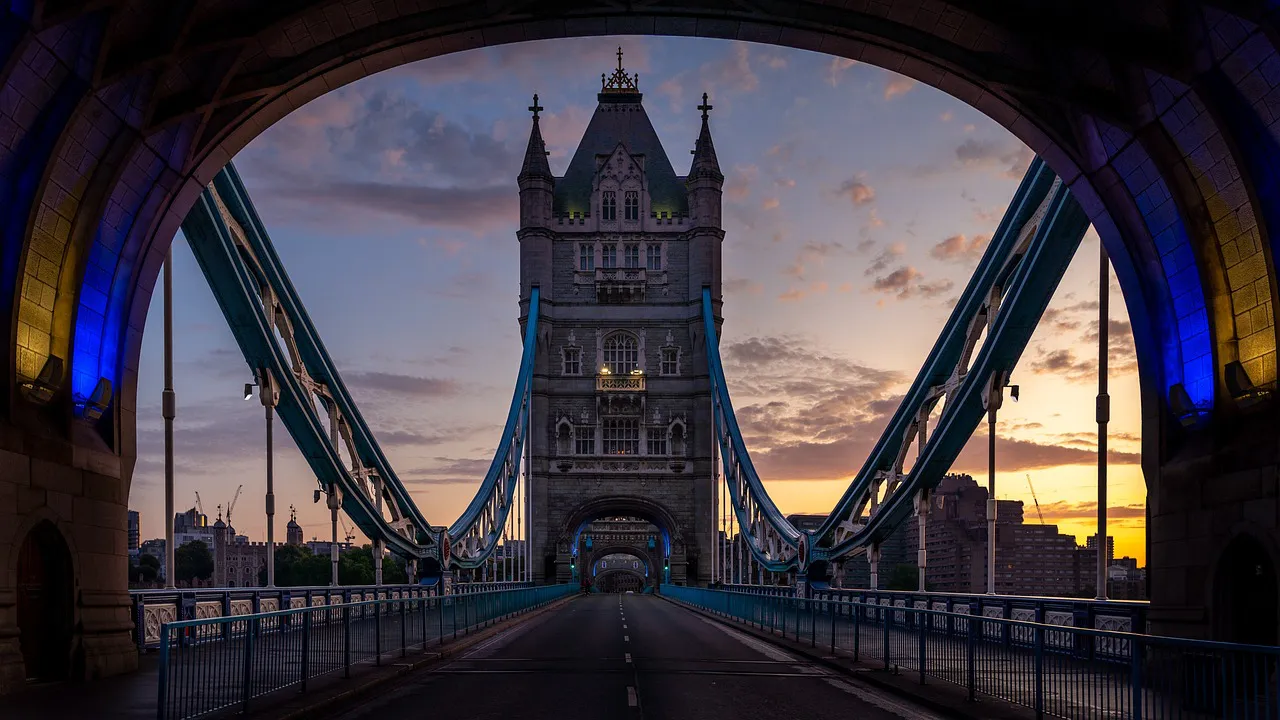
A digest of this week's Spanish financial, political and social news aimed primarily at Foreign Property Owners: Prepared by Lenox Napier. Consultant: José Antonio Sierra
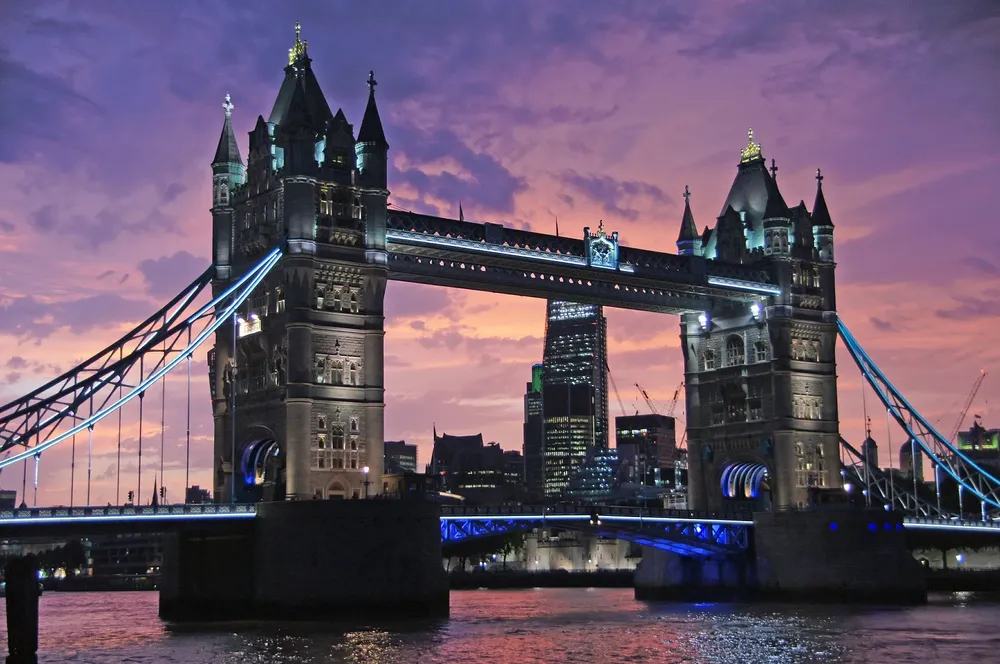
A digest of this week's Spanish financial, political and social news aimed primarily at Foreign Property Owners: Prepared by Lenox Napier. Consultant: José Antonio Sierra
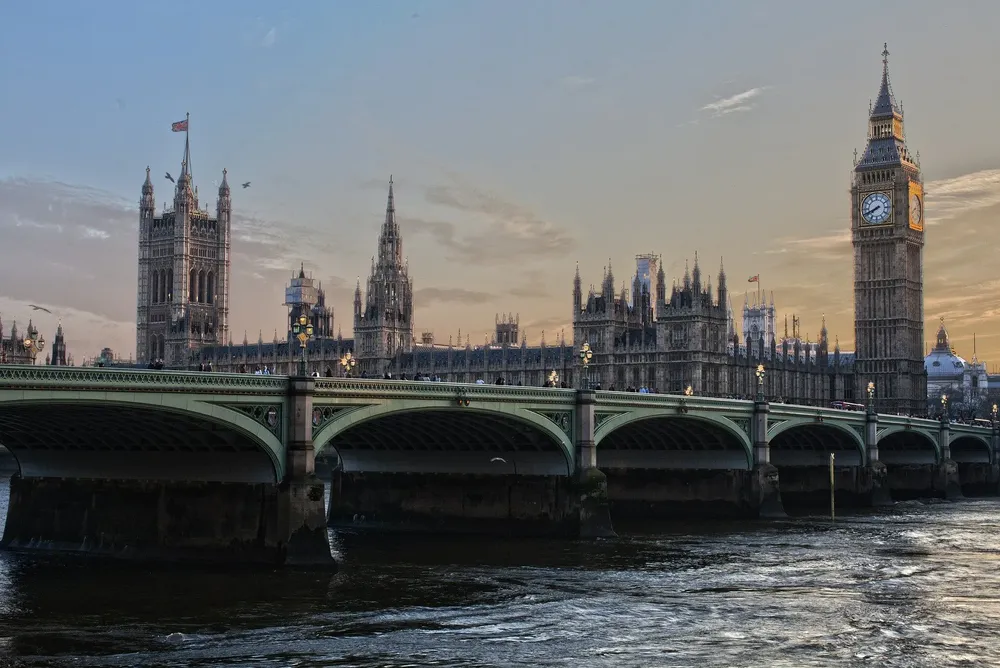
A digest of this week's Spanish financial, political and social news aimed primarily at Foreign Property Owners: Prepared by Lenox Napier. Consultant: José Antonio Sierra

A digest of this week's Spanish financial, political and social news aimed primarily at Foreign Property Owners: Prepared by Lenox Napier. Consultant: José Antonio Sierra

A digest of this week's Spanish financial, political and social news aimed primarily at Foreign Property Owners: Prepared by Lenox Napier. Consultant: José Antonio Sierra




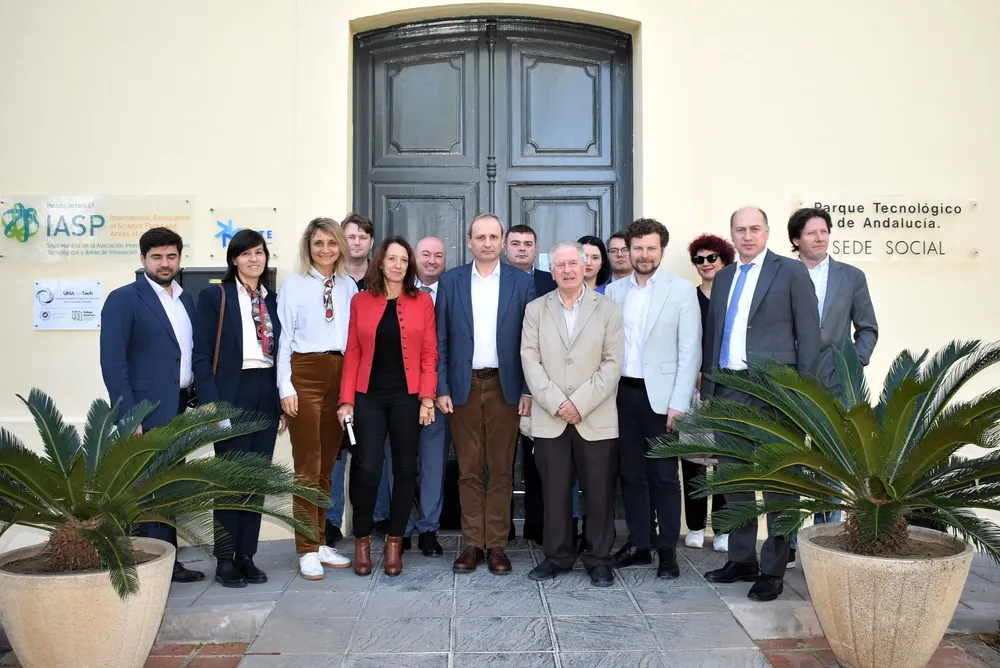
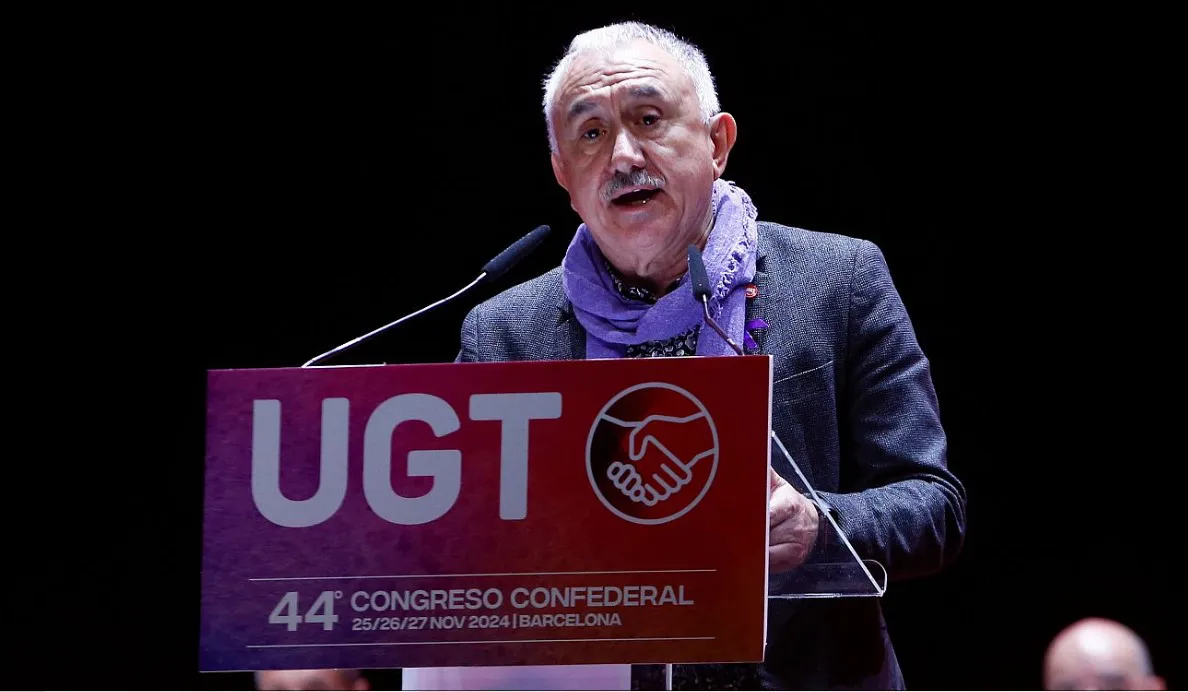
Según lo expresado por Pepe Álvarez, Secretario General de la UGT, el salario que hoy es de 1.134 euros pasaría a valer entre 1.188 y 1.202 euros por 14 pagas.
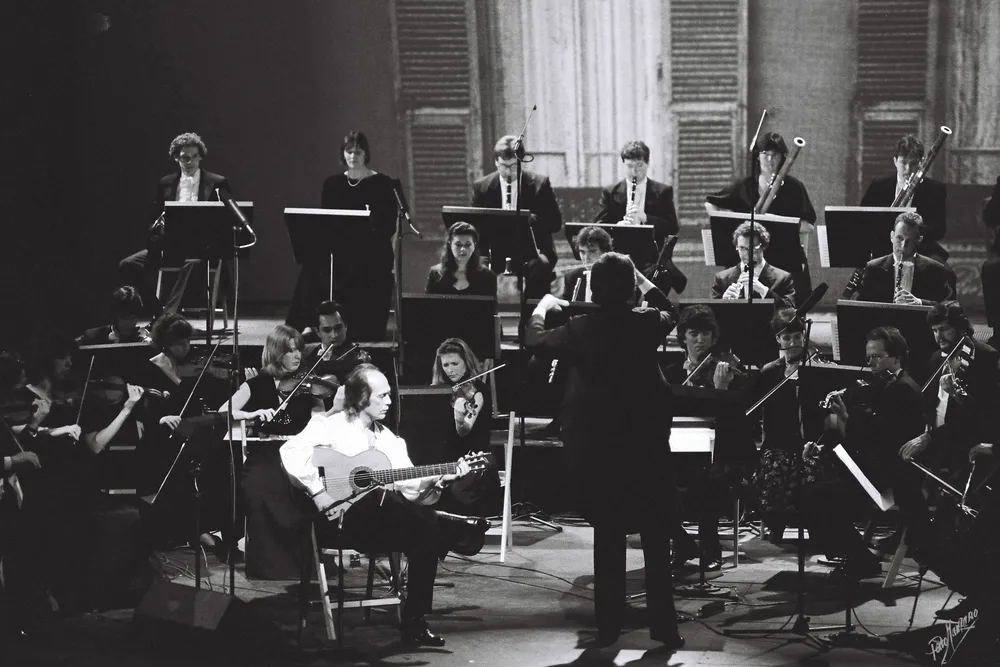
Esta muestra el público disfrutará de 45 fotografías capturadas por el reconocido fotógrafo Paco Manzano, donde se ve a un Paco de Lucía en diferentes facetas.
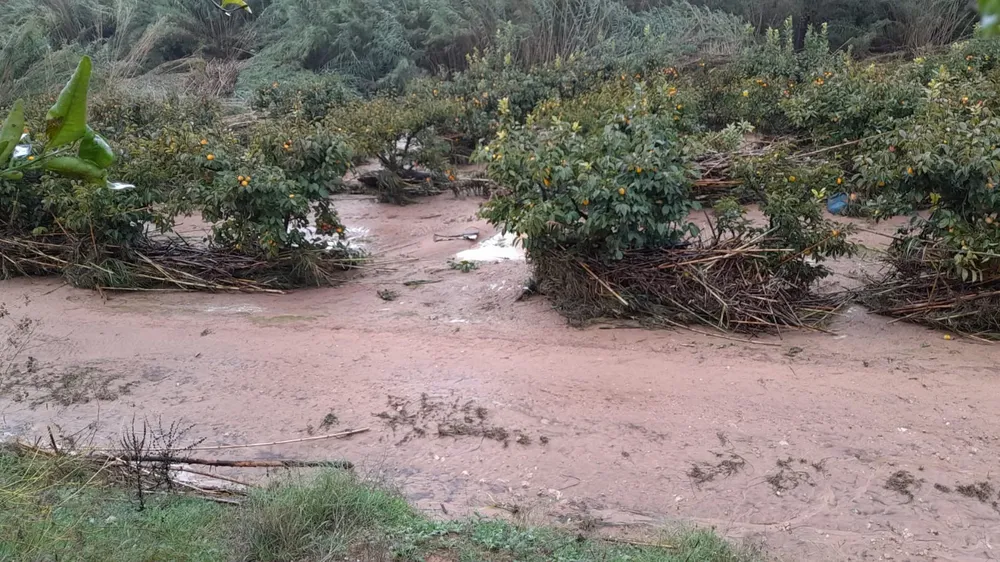
Agroseguro deberá reembolsar 13,21 millones de euros para pagarle a productores de cítricos, caqui y hortalizas damnificados por la dana de octubre.

El 95% de los proveedores del FCFM están situados en un radio de 50 km del festival, fomentando así la proximidad geográfica y contribuye a la reforestación.







